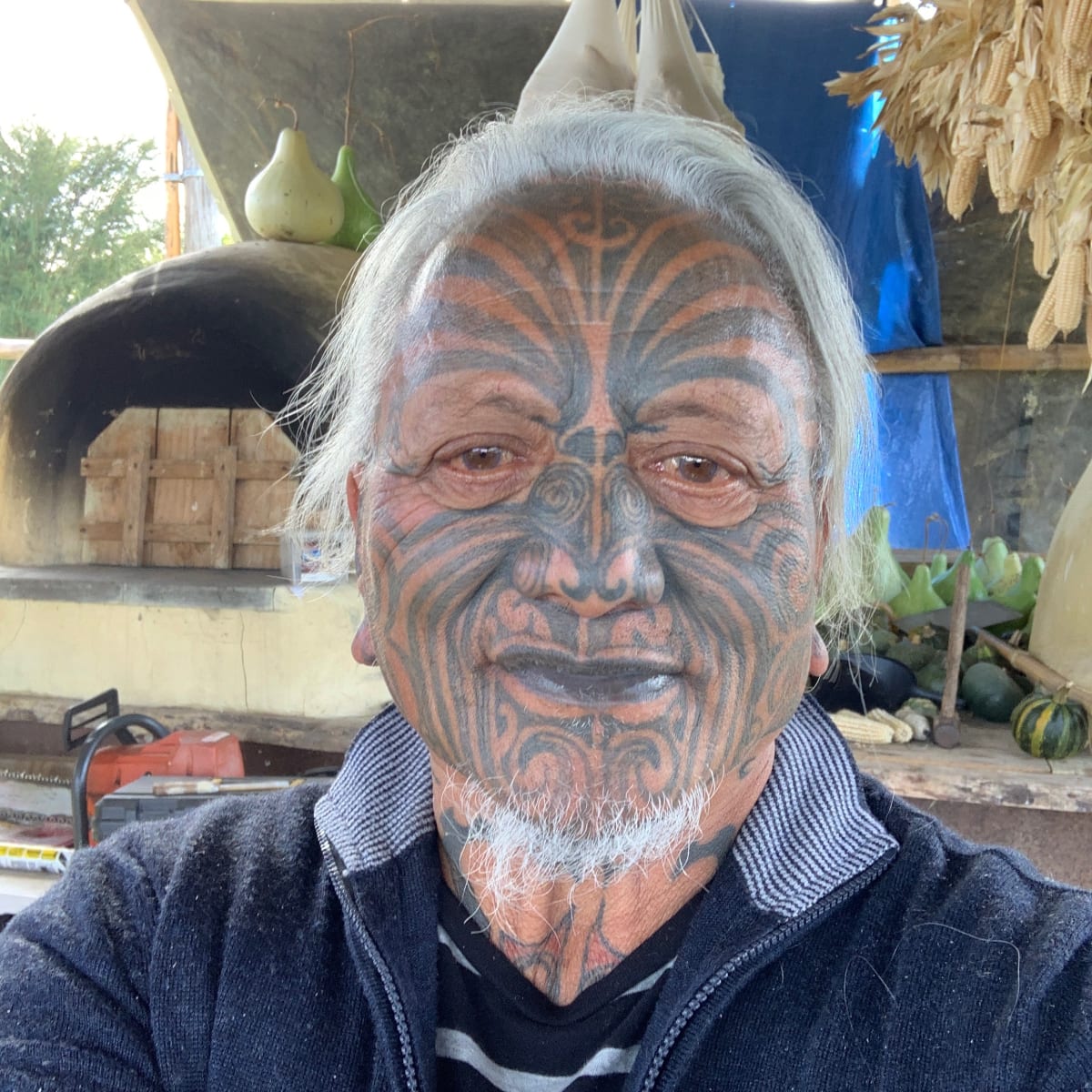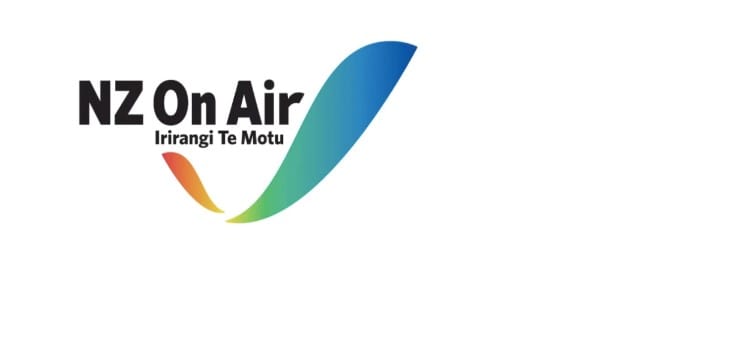The race to catch people exceeding Covid-bubble limits has begun – and Māori may feel the brunt of the new health measures.
Despite severe misgivings over the way new public health laws were enacted, iwi leaders want to work with police to protect their communities.
The Covid-19 Public Health Response Act came into effect at midnight on Wednesday May 13 as the country slipped into alert Level 2. Although the word “marae” was excluded after public backlash, police and other authorities can still enter them without a warrant.
Police can also search a private residence without a warrant, and if people have not complied with Covid-19 rules they will be fined.
East Coast iwi Te Whānau-ā-Apanui has confirmed it will dictate its own limits on tangihanga, but some Māori are still fearful of what the new law means.
“I’m scared actually, about the potential of how this could set us back decades in a trusted relationship with police,” says Māori justice advocate Julia Whaipooti.
She says the new law demonstrates an absence of engagement with Māori in the process of its framing.
Justice Advocate Julia Whaipooti expresses concerns about the COVID-19 Public Health Response law
Initially, when the bill was tabled in parliament on May 12, marae were included with private residences in rules allowing no more than 10 people at a gathering. After public opposition the limit was increased to 50 people, still fewer than the hospitality limit of 100 people at a time in one building.
Prime Minister Jacinda Ardern has said the safety measure around funerals was the area she found the most difficult to apply. “Ultimately in people’s time of grief, you want them to be well supported. You want them to be able to mourn with the people that they’re closest to.”
The Act will be reviewed every 90 days and has a “sunset clause”, meaning it expires in two years.
Chief Human Rights Commissioner Paul Hunt says the way the Act was brought into law was “deeply concerning” and “is a great failure to our democratic process”.
The Government has since said the legislation will be scrutinised by a select committee, despite being law already.
Whaipooti says the burden will be placed on Māori to show leadership in navigating the new law.
“If we look at the community checkpoints, those were led by our marae, by our hapū, by iwi, who are concerned about the wellbeing of their hāpori (community). One of them is mine from up the coast (Ngāti Porou). And the police came and supported them.
“That’s a practical expression in the modern day of a Treaty relationship in action.”
Māori funeral director Kaiora Tīpene of Tīpene Funerals remains optimistic, and acknowledges there are Māori in the police force too. “We have been working well with police over lockdown,” she says.
Professor Jane Kelsey from the University of Auckland Law School wrote an open letter to the Government asking members to vote against the Bill. She says there wasn’t enough opportunity to have expert opinions, to have a select committee process or proper scrutiny of the legislation.
“Just imagine someone going not just onto a marae but into a hui and immediately people are going to react,” she says. “You’re going to end up having arrests for obstruction and for assault and it’s going to get all out of control. And it could and should have been dealt with through a tikanga based approach. And that’s what they’ve missed.
Law Professor Jane Kelsey explains the effects of the Covid-19 Public Health Response law
“It’s not just having a routine reference to the Treaty in the legislation, it’s about using Te Tiriti relationship as a foundation to do stuff differently to achieve the goals of the legislation.”
Kelsey helped defend those arrested after the unlawful 2007 raids in Te Urewera. “We saw just how meaningless those were, and not just the draconian powers and the ignoring of whatever the safeguards were. But the fact that there was another way to address the issue. Why didn’t people just go and kōrero about what was happening to try to resolve the problem? And that’s what we’ve got again in this legislation.”
Tame Iti, a kaumātua from Te Urewera and defendant in the Urewera Raids case says iwi now have to be open-minded about kawa (customs) and tikanga (protocols).

“What does the Government mean by giving the power to the police to go into our marae without a warrant? That’s not on. That’s not on at all.
“We’ve got to make it work. The Crown have their tikanga and kawa. Let’s look at how it can work for us. And then we can facilitate that in making sure we follow their kawa and tikanga.
“My role as a kaumātua is to facilitate our hapū in talking to our kaumātua about what we are intending to do. What this is going to look like. Is it 10 people or 50 people?
“We just need to be smart about how we are going to do this so it will work for all of us.”
Waikato-Tainui iwi leader Rahui Papa said in an Iwi Chairs Forum on May 13 that the Covid-19 Public Health Response Bill employed a totalitarian enforcement right and “smacks of discrimination” toward Māori.
“There are some phrases being coined around that this is an affront to our way of life. It is also an attack on our way of death,” Papa says.
“During the trying times of Covid-19 whānau, hapū and iwi have stood up across the country to protect the wellbeing of the people.
“We were on the frontline providing kai and care packages to the whānau. Protecting our tribal boundaries, facilitating mobile testing and vaccinations. Providing comms and managing the grief of tangihanga conditions.
“What we want to constantly remind everyone, that we are developers, we are employers. We contribute strongly to the in our country. And we also fiercely protect the environment and all of the taonga that have been guaranteed under Te Tiriti o Waitangi.
“We are focused on the health and wellbeing of our people and the rebuild of our nation.”
* Made with the support of NZ on Air *




